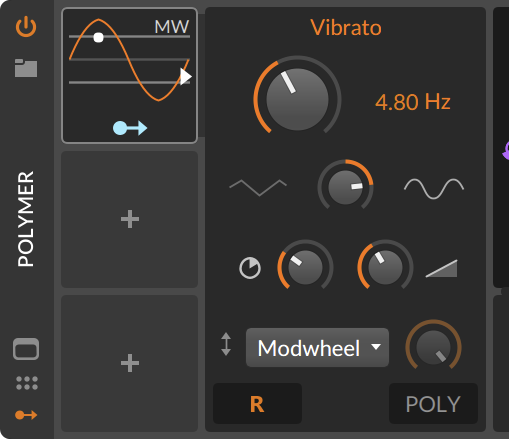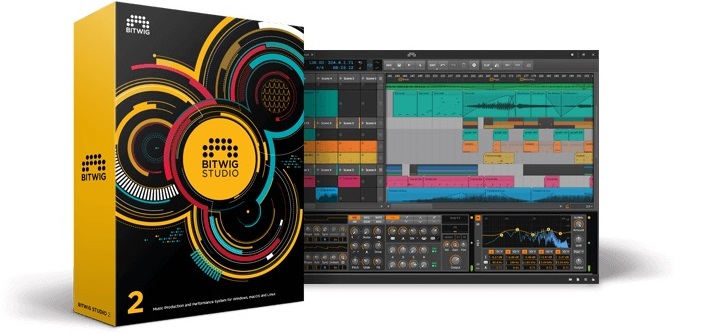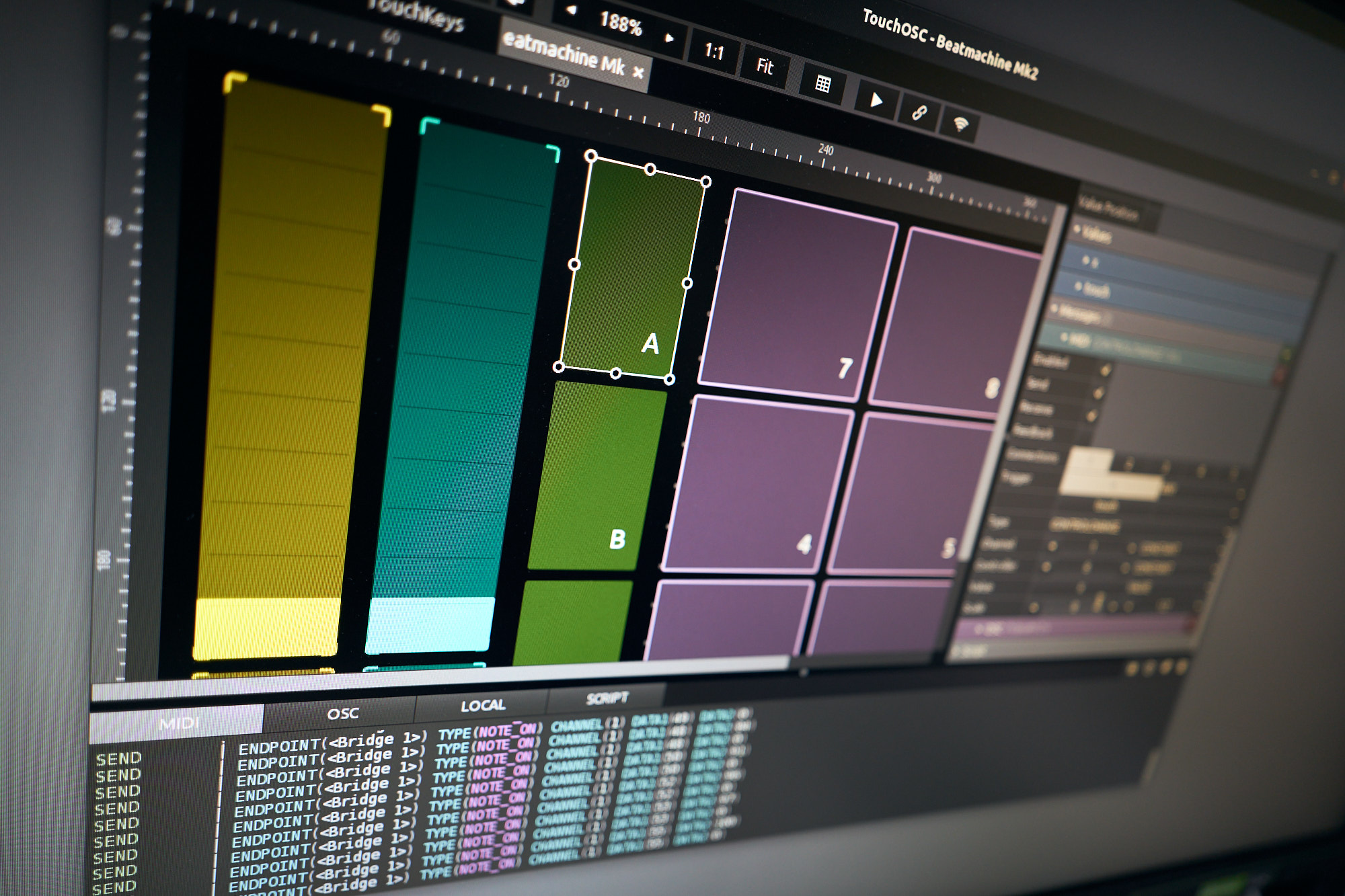

- Bitwig studio manual install#
- Bitwig studio manual registration#
- Bitwig studio manual pro#
- Bitwig studio manual software#
However, the changed settings only take effect after restarting Bitwig. After changing to the interface of your choice, you can immediately choose the ports offered by the selected interfaces as inputs/outputs. For all the tests in this article, I used Jack, which has established itself as a standard for audio on Linux (also see the "Jack in the Box" boxout at the end of this article). The actual signal processing – you can easily see that it has been carefully optimized for Linux – does not run as Java bytecode, but as a classic binary.įor audio interfaces, you can choose from Alsa, Jack, and the anachronistic OSS. That may well be because Bitwig has its own Java runtime onboard, which provides the suite's Java interface.Īll interface elements respond without delay. Unlike some other cross-platform programs, I had no problems with window management, virtual desktops, or other Linux-specific functions. Made for LinuxĪfter the relatively long startup process, Bitwig feels like a native Linux program.

Additionally, Bitwig sets up a ~/Bitwig Studio directory, where it saves your settings and projects.

The downloads are stored in ~/.BitwigStudio. The latter are, however, usually only reduced versions of larger packages that you can purchase elsewhere. Most of them come from Bitwig itself, with others from third parties.
Bitwig studio manual registration#
For your first tests, you can also retrieve a free demo package however, you cannot save your work in it.Īfter completing the registration ceremony, you need to confirm a EULA, and then things get interesting: Bitwig offers downloads of several collections of samples and MIDI templates, which you can use as the basis for your projects and to explore the program's capabilities. With a standard license, you can use Bitwig Studio on up to three computers at the same time, and you can download packages for all supported operating systems from the user section. The registered account is also used to manage licenses – Bitwig fortunately does not bother its users with USB dongles and the like.įor use without an Internet connection, a key file can be downloaded from the user section of the website.

In our lab, the suite installed smoothly on Kubuntu 13.04 on startup, it prompted me for a username and password, which you need to create when you register on. The prerequisite is a 64-bit system Bitwig Studio does not run on a 32-bit kernel. Bitwig expressly states "Ubuntu 12.04 or later" as a system requirement, but people have already reported successful installations on Debian, Arch Linux, Fedora, and other distributions.
Bitwig studio manual install#
The manufacturer supplies the program as a 64-bit DEB package, making it easy to install on any Debian derivative. Additionally, Bitwig offers a high degree of flexibility that other commercial programs can rarely live up to. The program provides options that are new on Linux, especially for composition and live performances.
Bitwig studio manual software#
Now they do.īitwig Studio presents a perfectly designed, professionally built, complete software suite for musicians. Time and again, musicians have said they would love to use Linux, if they only had access to a digital audio workstation like the suites they are accustomed to working with in Windows or Mac OS.
Bitwig studio manual pro#
None of the top names in music production software – Steinberg Cubase, Magix Samplitude, Avid's Pro Tools, or Ableton Live – run on Linux. Renoise and Tracktion are built natively for Linux, whereas Reaper is a Windows program optimized for operation with Wine. Most are geared to the needs of electronic music producers. Figure 1: Bitwig Studio 1.0 is fully equipped – audio tracks, MIDI tracks, plugins, automation – and it's true Linux software that feels at home on desktops like KDE.īesides the freely licensed Ardour and its smaller "siblings," such as Qtractor and MusE, musicians also have access to commercial and proprietary music production suites on Linux.


 0 kommentar(er)
0 kommentar(er)
